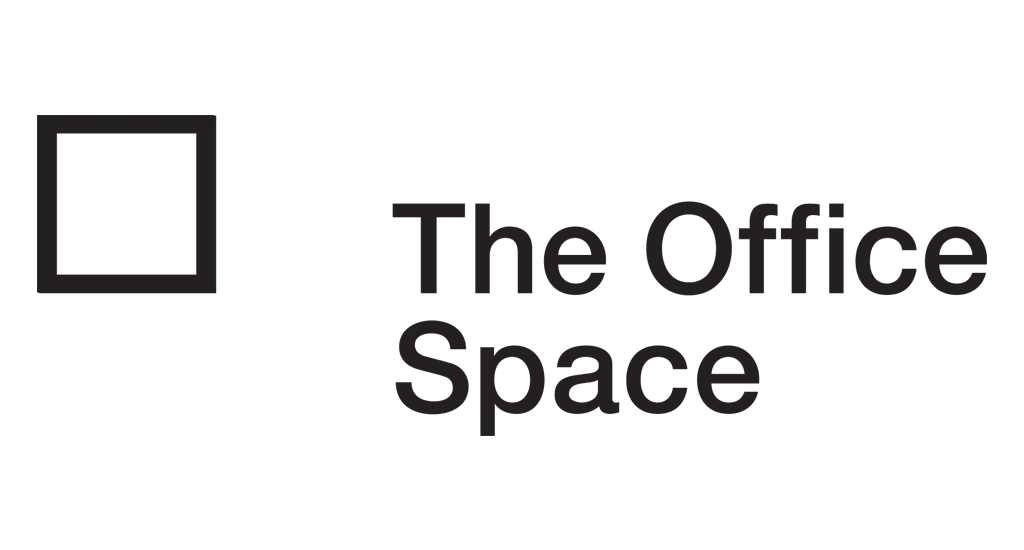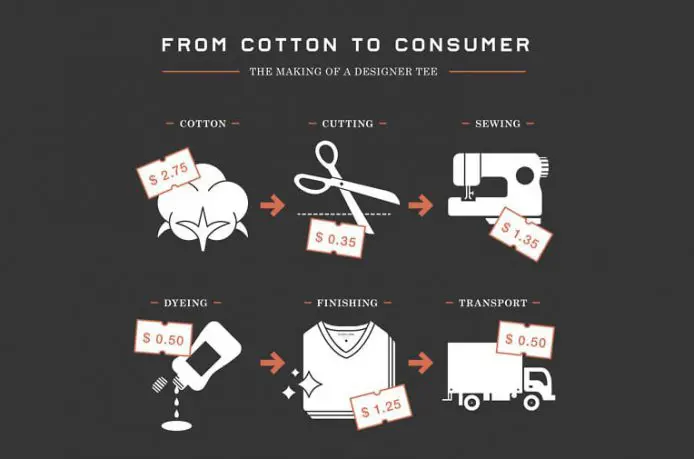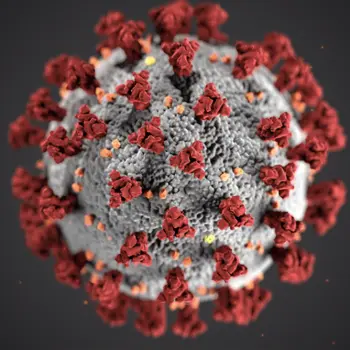In an era of clean eating, transparent fashion and green energy, we reveal the industries most tried for transparency and the lies that got them there.
Fashion
In the last three years, a third of consumers worldwide have begun to feed their morals and views into their purchasing decisions. Swapping fast for feasible, fashion in 2019 is all about where, when, how and why our clothes are made. Say hello to radical transparency. San Francisco based fashion label Everlane was founded in 2010 by Michael Preysman. At only 25, Preysman saw a space in the market for fashion that bypassed the overhead costs of retail, sometimes resulting in items being priced up to eight times more than they’re worth. Instead, Everlane promotes radical transparency, vowing to reveal the actual costs behind all of their products. From materials to factory labor, and even the transportation of how it gets to your door, Everlane exposes it all.
Food
Is there anything more enjoyable than lying on the couch, staring at your phone as you watch the little Uber eats driver get closer and closer? Forget Uber eats, what if you could find out what farm an individual piece of fruit came from or, which cow provided the milk in your chocolate bar! Blockchain is a technology most often associated with cryptocurrency, that allows us to create secure digital ledgers across complex networks. In other words, you can trace the life of your food right up until it goes into your mouth. So why is food transparency important? Not only does transparency force the manufacturers to expose their lifeline, Blockchain technology also provides potentially lifesaving capabilities for contaminated food. Think about a salmonella break out in eggs – if we can trace back not only to the farm that the eggs came from but the actual chicken that laid the eggs, not only do we reduce the risk of further contamination, we stop the problem at its root.
Beauty
Like everything else, the demand for clean cosmetics (think ethically sourced, vegan-friendly, plant-based) has reached an all-time high. Gone are the days when big cosmetics companies could fly under the radar with their approaches to animal testing, chemical products, and even packaging costs. Formed in 2013 by Alexis Krauss and Jessica Assaf, the Beauty, Lies, Truth blog marks the beginning of a movement driven by consumers who have begun to demand better standards within the cosmetics industry. Like so many of the millennials leading the post-truth consumer movement, these ladies have found a public platform that can transform the beauty industry, naming and shaming brands as a to expose inadequacies, forcing big brands to up their game. Having sold her hugely successful biscuit business, former chef, food scientist and office space alumna, Cindy Luken is setting the standard for clean beauty with her natural cosmetics brand Luk Beautifood! Check out her website lukbeautifood.com to find out more about how you can toss the toxins from your cosmetics kit!
Banking
Most people don’t have a great deal of trust in their bank. Even before the Royal Commission, it didn’t take an expert to know that our banks were hiding things from us. UK based startup, Monzo have set themselves apart, advocating for radical transparency within the finance industry, giving both customers and employees the chance to follow their every move. Internally, Monzo offers transparency using a public email system. All employees can see every email sent between colleagues and to customers (anything containing customer data isn’t shared), enabling anyone within the business to see what they are working on and spot mistakes. Externally, Mondo sends every customer a copy of the business earning’s report and has a public system by which clients can view Mondo’s “roadmap.” The map reveals not only their plans for the future but their expected timelines for the development of the business. Unsurprisingly, it’s working, with Monzo hitting the 1 million customer mark last September.
Fact Checking
Metafact is a multi-fact checking platform in which answers are sourced from many different expert options to verify evidence. Think of a particularly contentious claim or question (the kind that usually sparks an argument at your work Christmas party) that you’ve always wanted a fact check. It could be something as pedestrian as “Is it safe to reuse plastic water bottles?” Or something on a slightly bigger scale, like “Is Malaria becoming more drug-resistant?” Whatever your question, Metafact will put it to the test by asking their team of industry experts (consisting of verified PhDs, researchers & medical specialists) to either reject or support the claim. Metafact post the evidence on their website along with a percentage rating as to what the experts think. The experts can back their score with a reply, outlining exactly how their research and expertise determined their rating.







